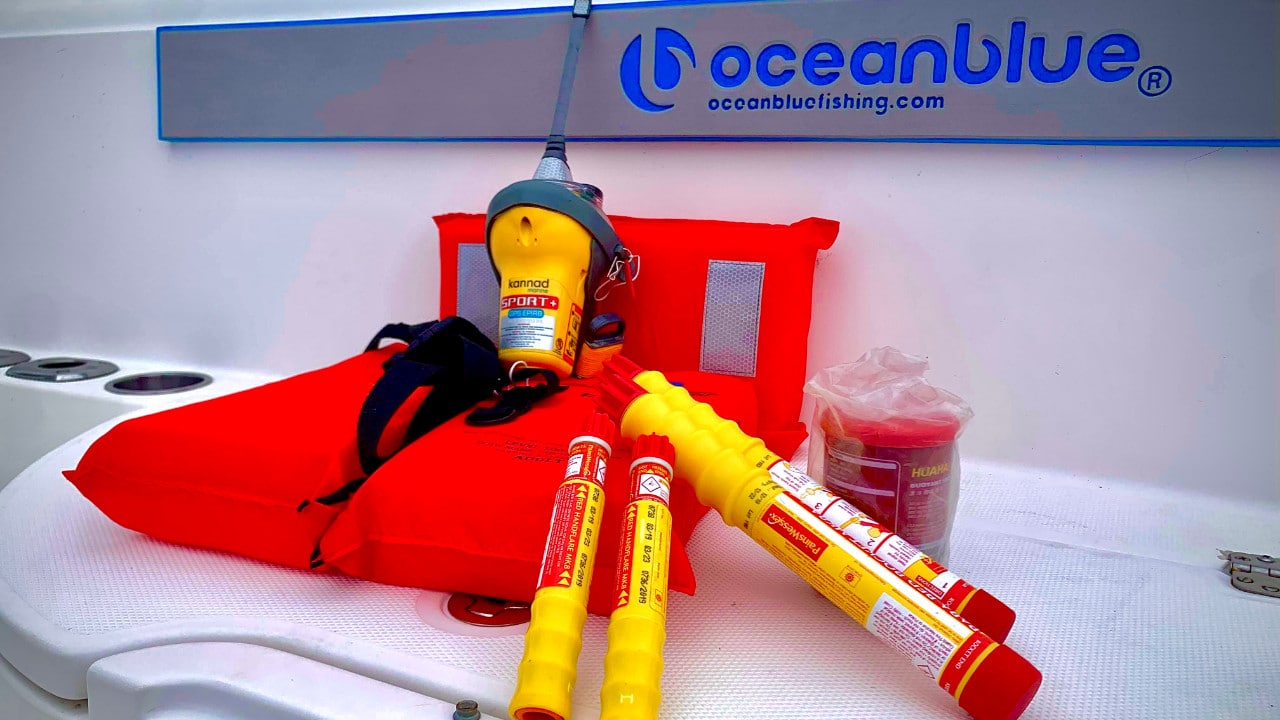If you are still thinking that your experience in reading and navigating the waters translate to expertise and 100% safety, you are sorely mistaken but no need to fear as you can read up on important safety tips below.
This is, perhaps, one lesson that skipper and Melbourne’s Whittley Marine sales manager, Alan Whittley, will never forget, as he faces trial for culpably navigating dangerously. The incident resulted in the drowning death of a 13-year-old Canberra girl at a 2018 boating accident near Moruya.
It may have been purely accidental, caused by “freak waves” and stalled engine, as the girl’s father and brother claim. However, both the prosecutor and some witnesses think that it was Whittley’s “cavalier attitude” towards safety protocol, along with his apparent neglect in terms of preparation, that led to the accident.
RELATED: Moruya Boating Tragedy
So, to help you avoid having to face similar tragic incidents, we rounded up some water safety tips that will keep your boating or fishing activity relatively safe and accident-free.
Top 8 water safety tips every angler or skipper should remember
Every year, Australia sees an average of 21 deaths at sea. These deaths usually result from either sinking, swamping, or capsizing boats, or even accidental falling overboard. Fortunately, most of these unintentional deaths can be entirely avoided by just observing the following safety precautions.
Know your limitations
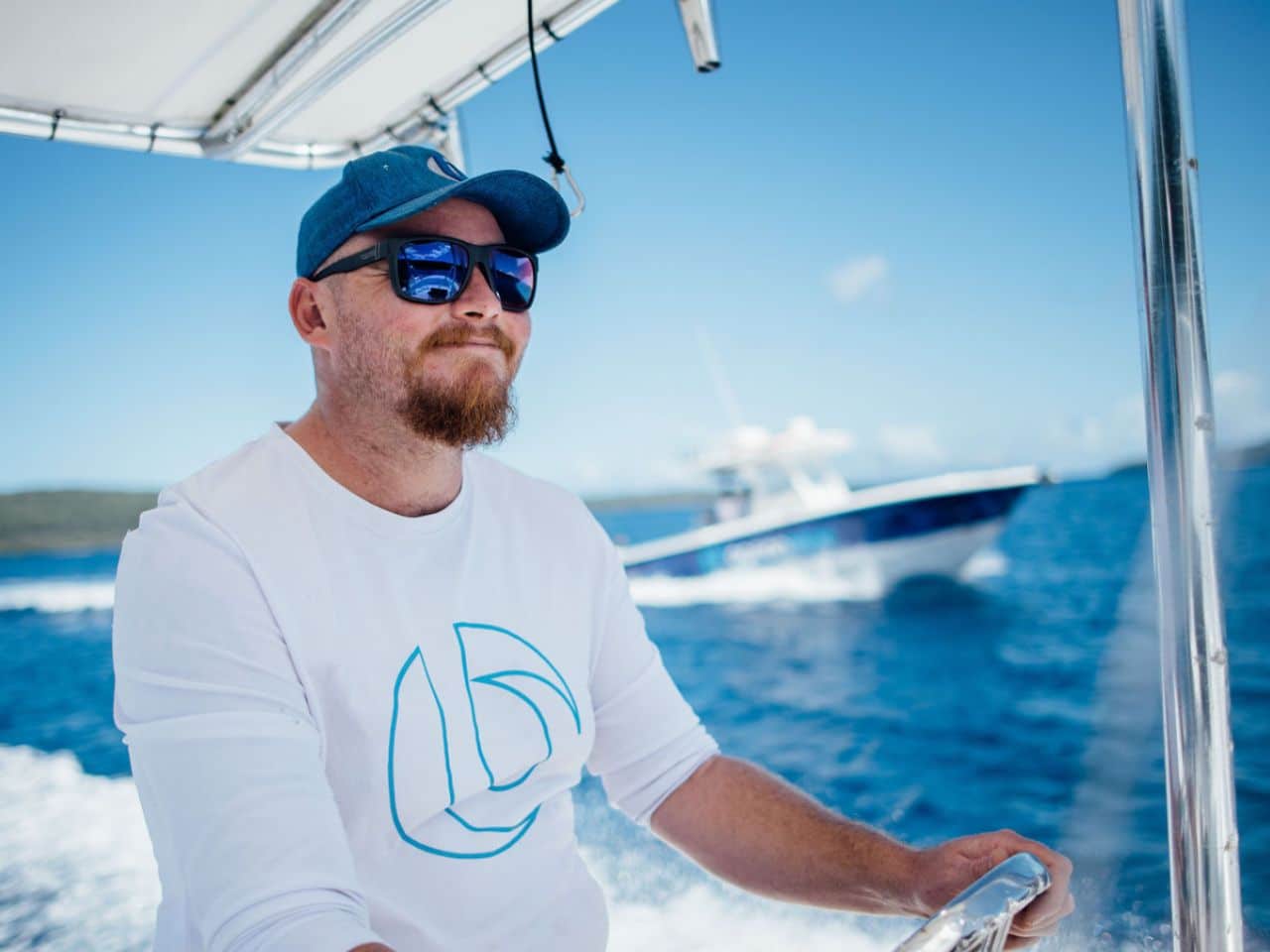
Not knowing your limitations is perhaps one of the biggest killers in the ocean. Many people have the “she will be right attitude” when it’s blowing 15-20 knots until a 40-50 knot squall comes through. Your knowledge and cross-referencing with weather maps and marine weather updates on your VHF radio will get you very far in life. So, always remember: Even if the fishing is ridiculously good, there is nothing wrong with pulling the pin and heading back in when a squall comes. You can always fish another day if you are alive.
Know your vessels’ limitations
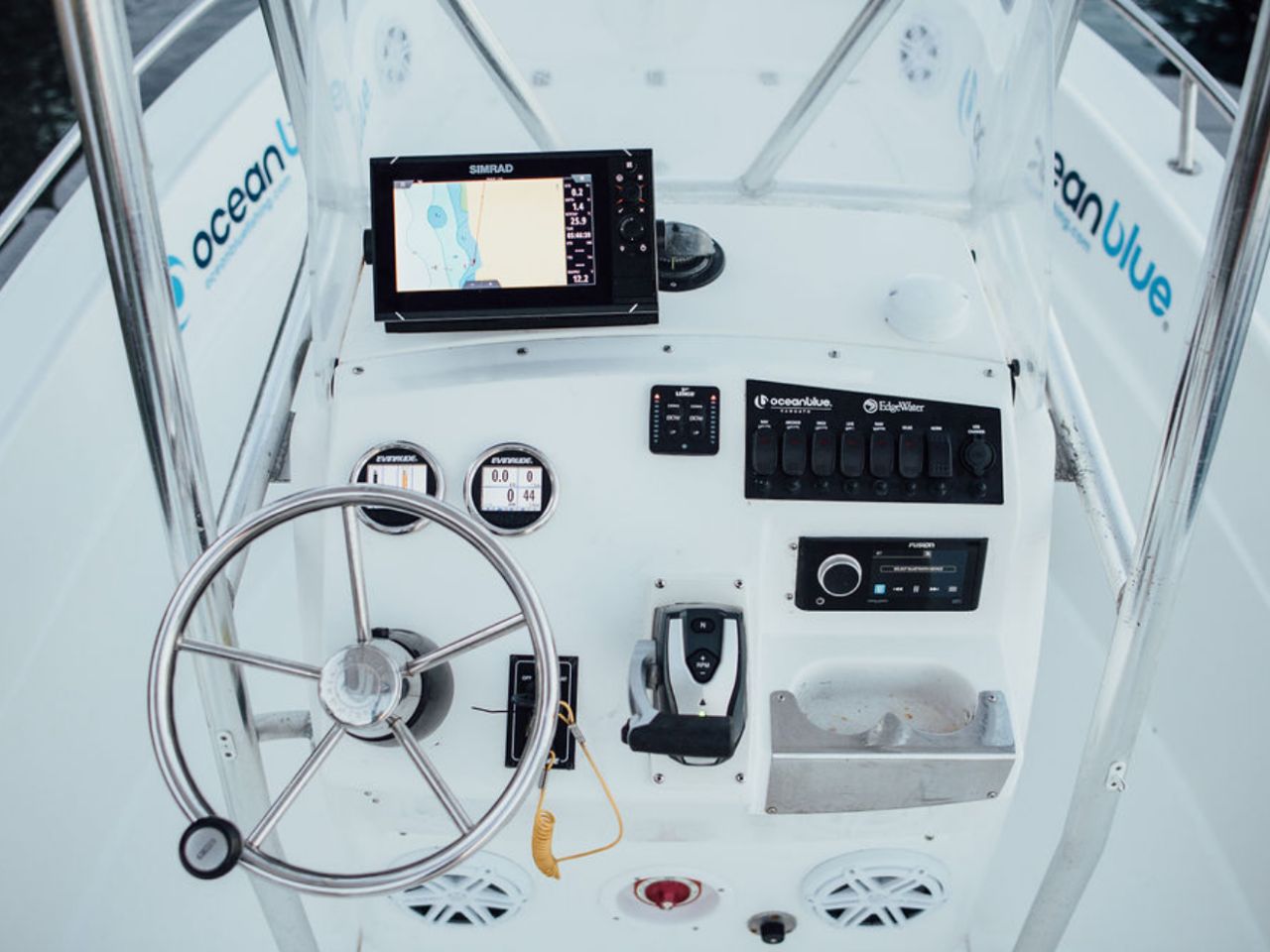
Your knowledge can only get you so far when you are 20 nautical miles off the coast in a 3.5m v nose punt. While it is definitely doable on an average day, it can be different on a glass out day. In this situation, it is important that you need to know your vessel’s capabilities and that you stick only to what it can do, no matter how confident you might be feeling.
Our advice: Always pick your weather instead of choosing a day. We know it can be hard when you have been working out the mines for the last month and only have a week off, and it’s blowing 25+ knots, but just remember, your life and your companies are worth more than a fish!
So, don’t put your life on the line and read these Top Fishing Safety Tips.
Pick the proper safety gear
If there’s one thing I will never understand even after years of being on the water, it’s probably the reason why people happily splash tons of cash on a boat and skimp out on safety gear. Over the years, I’ve learned that it shouldn’t be that way if you want to live a long and happy life and enjoy recreational fishing for a long time. You just don’t skimp on anything that has something to do with boating.
Don’t forget the life jackets
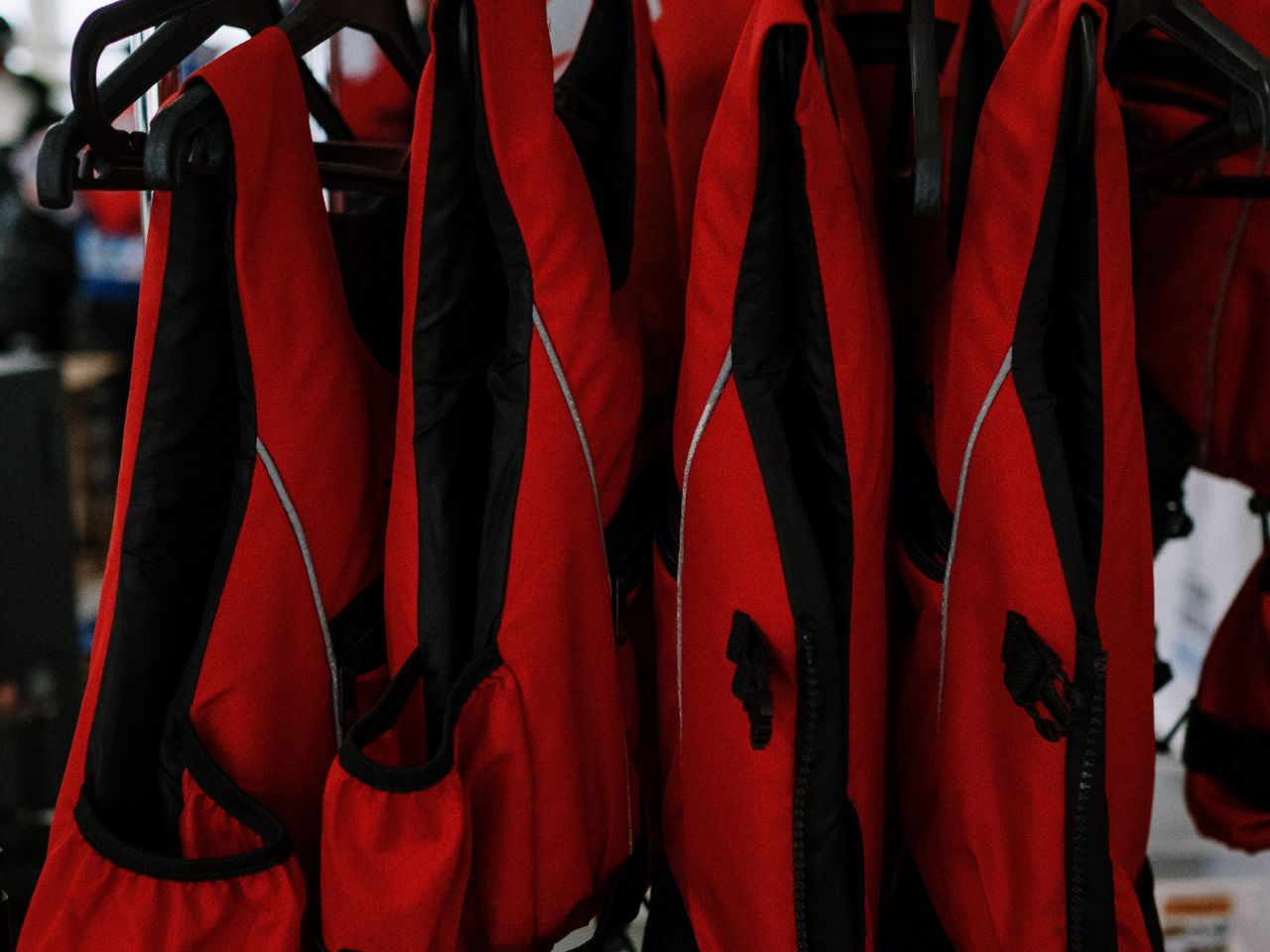
When it comes to fishing and boating, always remember the life jackets. To choose the best type, always pick a Solas-approved buoyancy vest, as these jackets will not only keep you afloat. They will also keep you stable in the water while you wait to be rescued.
If you are a solo angler, you should always be wearing, at the minimum, an inflatable PFD, just in case you fall over the side while the boat is underway. Why? There have been past cases in Australia when people found boats doing circle work full speed with nobody on board. Such an incident could have been less tragic, but only if they had an inflatable PFD and a personal EPIRB on them.
Have your boats fitted with EPIRBs
I will never understand why vessels only need an EPIRB when you are over two nautical miles off the coast.
I think many deaths happening in estuaries and bays are avoidable if an EPIRB had been available. That said, any boat that I have ever handled, from the 3.5m v nose punts I have had for crabbing to the 32-feet flybridge for marlin fishing, have always had EPIRBs fitted for safety reasons.
Check the availability of mobile services
Your mobile will only get you so far. Try to remember, how many times have you been up the creek or just off the coast and had no phone signal? It should be pretty close to 80% of the time. EPIRBs aren’t just for when your boat sinks. The way I see it, they are there for any problem that you have no way in the world to get yourself out of that could lead to undesirable outcomes. When I lived in Darwin, one of the Vietnamese commercial crabbers got attacked by some guys with machetes. He escaped into the mangroves and was only saved after he set off his EPIRB.
If you want to know how a fishing guide does it, then read How a Guide Prepares for Fishing in Vanuatu.
Invest in flares
Another one that does my head in is when people buy cheap flares from a certain country, and there’s a high chance that maybe only one out of three will work. We think it’s best to follow the government regulations on the size of your vessel and the type and amount of flares needed for it. I always recommend grabbing two parachute flares for good measure, even if the government doesn’t mandate it.
Remember, VMR radio calls in and out
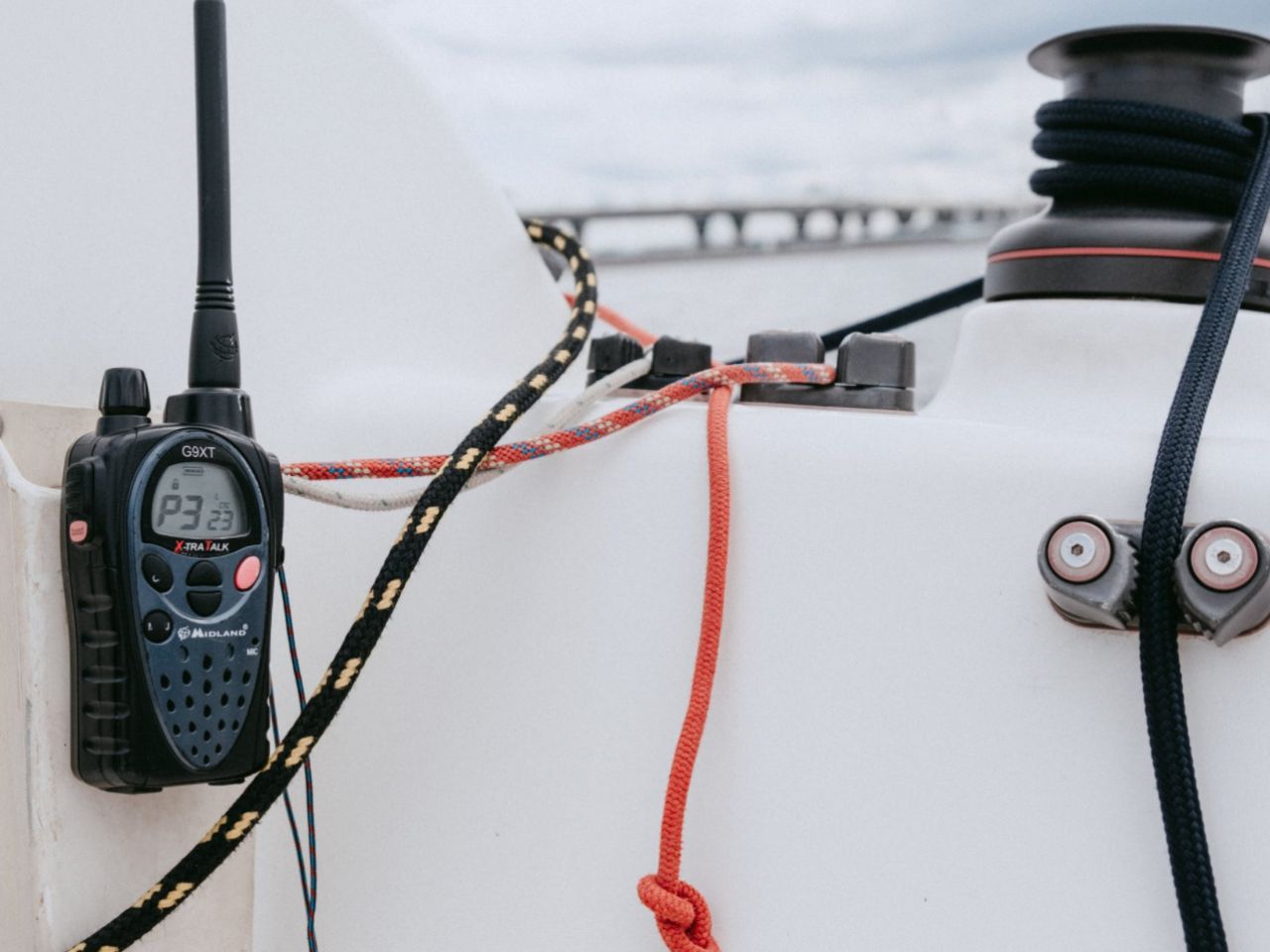
Most towns have a fantastic group of volunteers who give their free time to man radios and operate their rescue boats. They form the group called volunteer marine rescue (VMR).
VMR offers an excellent service of registering your name, vessel, EPIRB registration, and next of kin when you leave the boat ramp or the marina. All you have to do is call in with your destination and an estimated time of your arrival back in port.
Check it out
This list isn’t exhaustive, but if you can put all these safety tips together, you can be guaranteed increased safety on the water. Sure, there will still be the odd spanner thrown into the works, but you will be prepared for most situations. To remember these safety tips easier, you can try to remember the 5Ps for guidance: “Prior preparation prevents poor performance.” Check out this video from Maritime Safety for more safety tips on equipment needed.
Since you’re preparing anyway, get ready for your next fishing trip with this Guide to Using Live Saltwater Fishing Bait.


